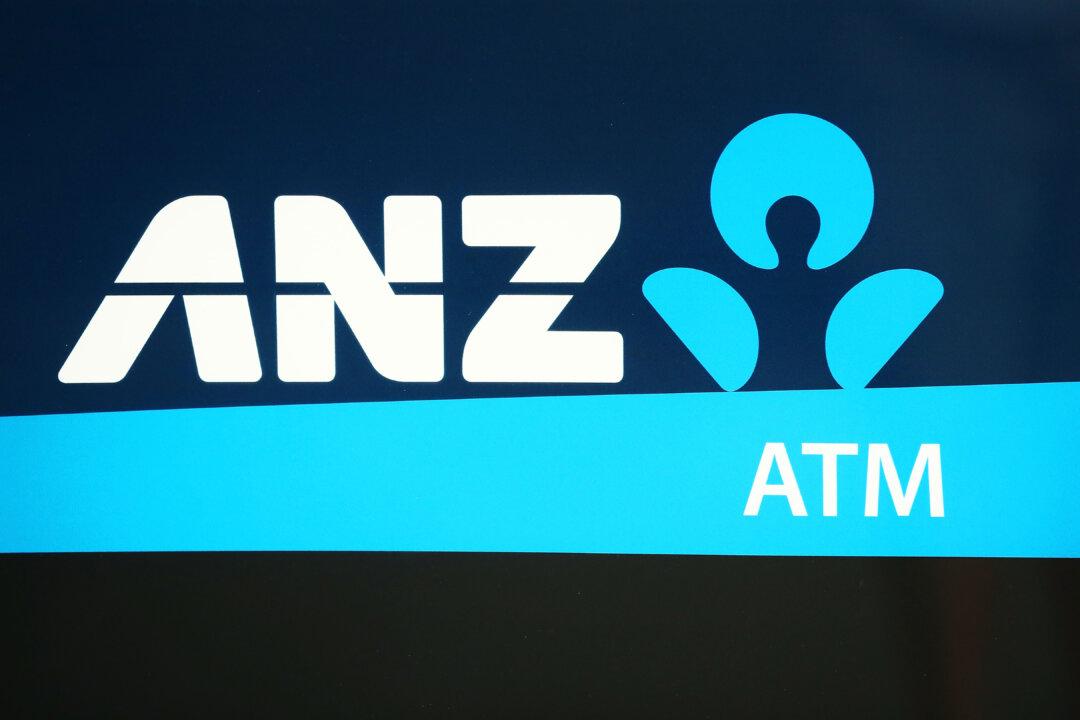ANZ will hold off paying shareholders an interim dividend as its first-half cash profit plunges 62 per cent on a $1 billion COVID-19 hit, and the prospect of more pain to come.
The big four lender on April 30 said it was deferring its first-half payout following guidance from prudential regulator APRA this month that banks and insurers should “seriously consider” doing so until the economic outlook is clearer.





